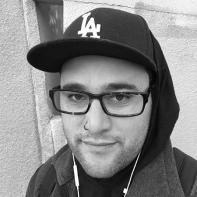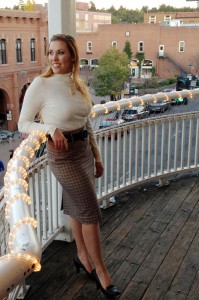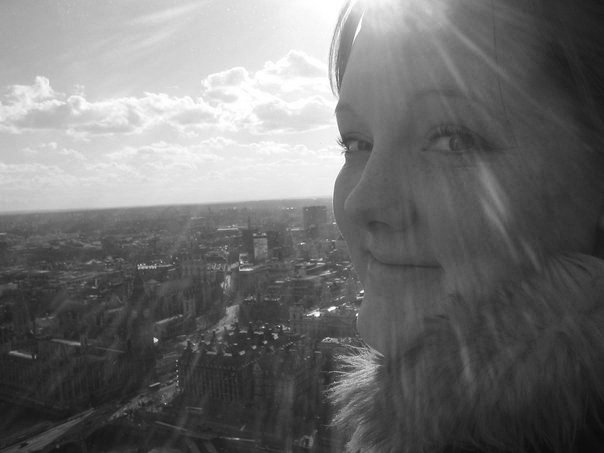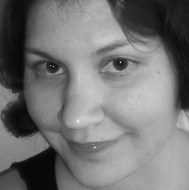 Intermedia Grad Student Shiloh Ashley has been hard at work preparing for their thesis show, including the arduous task of constructing their own language. Our Art Editor, Regan Henley was lucky enough to get some time with Shiloh to talk about this process and see what exactly this whole project entails.
Intermedia Grad Student Shiloh Ashley has been hard at work preparing for their thesis show, including the arduous task of constructing their own language. Our Art Editor, Regan Henley was lucky enough to get some time with Shiloh to talk about this process and see what exactly this whole project entails.
Regan Henley: So, my understanding is that you are creating your own language as part of your thesis. Can you speak a little about that?
Shiloh Ashley: I am very interested in languages, codes, puzzles, and games, and the ways in which these things intersect during play. I wanted to deepen my knowledge and expand my understanding of the how language, codes, puzzles, and games influence communication and interpersonal relationships. I felt that the best way to investigate the dynamics between the intersections of those elements and how they lead to transformation would be to create my own language.
RH: This project is obviously a huge undertaking. What has been your process throughout this work? Have you been following some outline for creating language or is it more of an intuitive task?
SA: I am working intuitively with a plan of action, which means that I set aside time to focus on only writing, only music, only building, etc., and the work develops from there. It helps me to corral my thoughts but not limit them too much to a set of expectations as I find art has a way of making itself regardless of what, I, as the artist think it should be.
RH: Has language always had an important element in your work, or is this a more recent fascination of yours?
SA: Language has been a constant in my work.
Language is important to me because I believe languages are adventurous journeys to new worlds, not just verbal or gestural languages, but also languages like mathematics, coding, and the use of acronyms in cyberspace. There are many different ways to say the same thing, there are similar ways to say different things, and too many ways to say the wrong thing.
RH: Do you think language plays an important role in defining personal identity to you? And if so, what are you saying in creating your own?
SA: I grew up in a multilingual setting. My family is Lakota from the Cheyenne River Sioux Tribe in South Dakota, and so I grew up around English and Lakota. I got in trouble in first grade for coloring out of the lines on a picture of a pig that we were going to cut out and put on a wall. In protest of getting reprimanded by the teacher, I called her a name in Lakota and was sent to the principal’s office. I learned that there was a lot of power in terms of what is said, who is saying it, and who what is being said is being said to.
Also around that time, my parents worked at a summer camp along the Missouri River, and the majority of the counselors were international coming from Sri Lanka, Cambodia, Australia, Jordan, and Japan. It exposed me to the world in a way that still informs my curiosity about people and how lives are lived across the globe.
Outside of those experiences, I took a couple years of Spanish, learned to read music, became interested in technology, and am learning to code.
I have in the last year started to learn Lakota. The extent of my knowledge comes from language used in ceremony and things I remember from my aunts and uncles. My parents spoke mostly English. It is important for me to reconnect with the language of my people because it connects me to who I am, where I come from, and the values of my people. All of these languages are important to me because they help me understand and process the world. I am creating my own language because I feel a responsibility to communicate sincerely with the world in an attempt to join in on the conversations that address issues related to our planet and the future of humanity.
RH: The idea of ceremony definitely seems present in how you construct language. Last semester I got to see you do a performance art piece at a live art platform in which you used audience participation and line dancing to teach participants your new language. Can you tell me a little bit more about that?
SA: Line dances and dance crazes interest me because they facilitate space for temporary communities to come together for about five minutes to just have a good time. Momentarily, race, sex, class, gender, politics, and prejudice are suspended, and people just dance. There are other ways of looking at it, but I am focusing on work that brings people together, and I felt like the line dance was a good way to integrate learning, performance, and participation into the work.
RH: Will you be following this line of thought (doing any more line dancing/performative elements) in your thesis show?
SA: I sure hope so! Bring your dancing shoes just in case.
RH: This work has definitely been a long time coming for you, given your background and experiences it seems. What have you learned throughout this process?
SA: The most helpful thing I’ve learned is about having the patience to allow space for the work to evolve and to trust that it will eventually come to make some sort of sense. It is new territory, and I am very excited about the process moving toward thesis show as I am approaching the work in a more focused manner now that the foundations of the language have been established.
RH: Last but not least, where can we see you and your work?
SA: You can find my work in progress website from 2010 at www.shilohashley.com, updates coming soon. I post images of my process on Instagram (@shilohmfa) and if you are into music you can check out my band, Ashley at https://soundcloud.com/ashley-musicaz.
Shiloh’s Thesis Show with open at ASU Step Gallery in Grant Street Studios on April 1st.

 Today we are pleased to feature author Aaron Reeder as our Authors Talk series contributor. In his podcast, Aaron provides insights into his poems, “Untangling” and “Failed Poem for My Mother,” both published in Issue 18. He reveals that, when he was writing these poems, he was interested in the systems people fall back on to deal with trauma and grief, specifically the system of family.
Today we are pleased to feature author Aaron Reeder as our Authors Talk series contributor. In his podcast, Aaron provides insights into his poems, “Untangling” and “Failed Poem for My Mother,” both published in Issue 18. He reveals that, when he was writing these poems, he was interested in the systems people fall back on to deal with trauma and grief, specifically the system of family.



